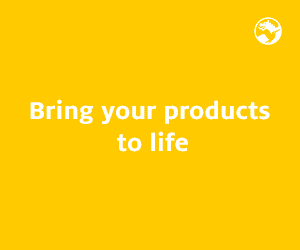The latest news, trends, analysis, interviews and podcasts from the global food and beverage industry
Seaweed feed additive start-up Symbrosia has raised $7 million in a Series A funding round led by Danone's corporate venture arm, Danone Manifesto Ventures. Additional investors in the round included Pacific6, Hatch, Presidio Ventures, Kamehameha Schools and Mana Up, as well as individual local investors and farmers. Hawaii-based Symbrosia has developed more productive, potent and resilient strains of seaweed than those found in the wild, that can be sprinkled into animal feed to reduce livestock methane emissions by over 90%. The company plans to use the capital to scale the production of its seaweed strains at its pilot facility located in the Hawaii Ocean Science and Technology Park, while bringing its livestock feed additive – SeaGraze – to market. Alexia Akbay, founder and CEO of Symbrosia, said: "During the past two years of research, we pushed the boundaries in seaweed breeding to develop high-performing seaweed strains. This Series A funding round marks a critical inflection point where we shift our focus to bringing this innovation to market at scale, as quickly as possible, with strategic partners in Hawaii, California and the Pacific Northwest." Akbay continued: "The support from Danone Manifesto Ventures and our other investors, existing and new, will enable us to increase seaweed production by a factor of 1,000, round out our team expertise with strategic hires and put SeaGraze in the hands of visionary companies and livestock producers to create the world’s most sustainable livestock supply chains. Now is our moment to take action on methane."







.jpg)